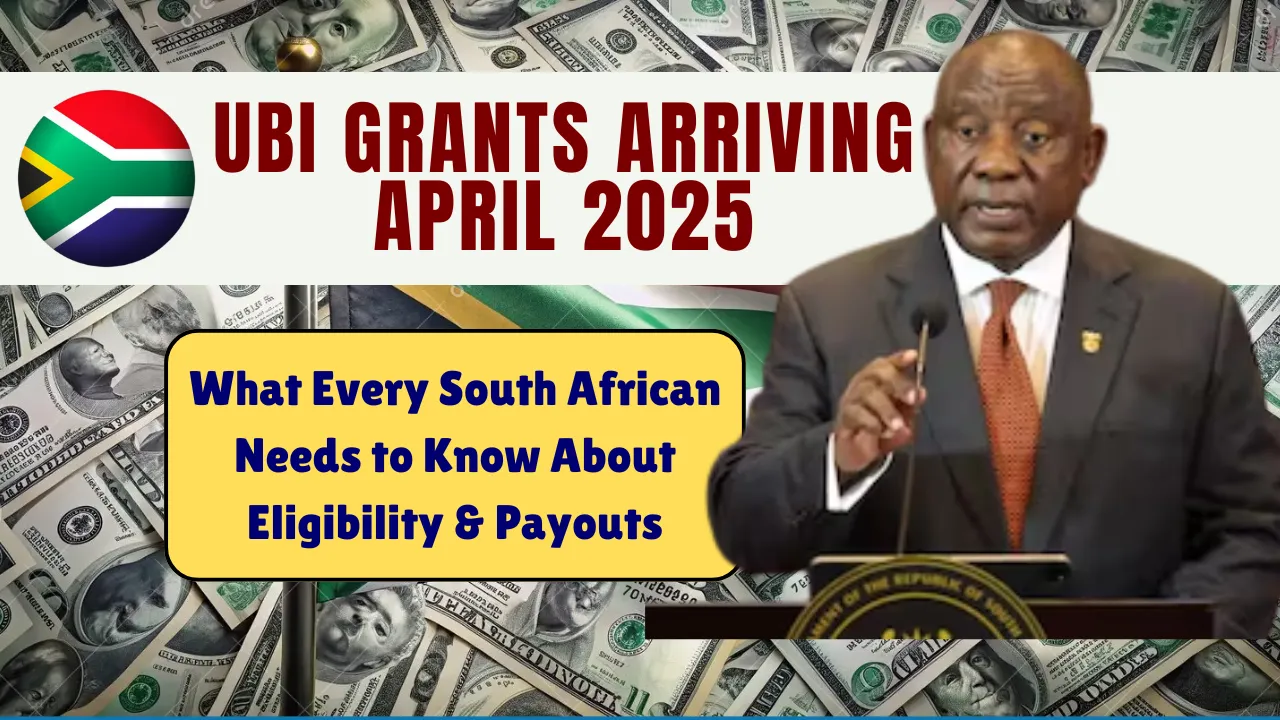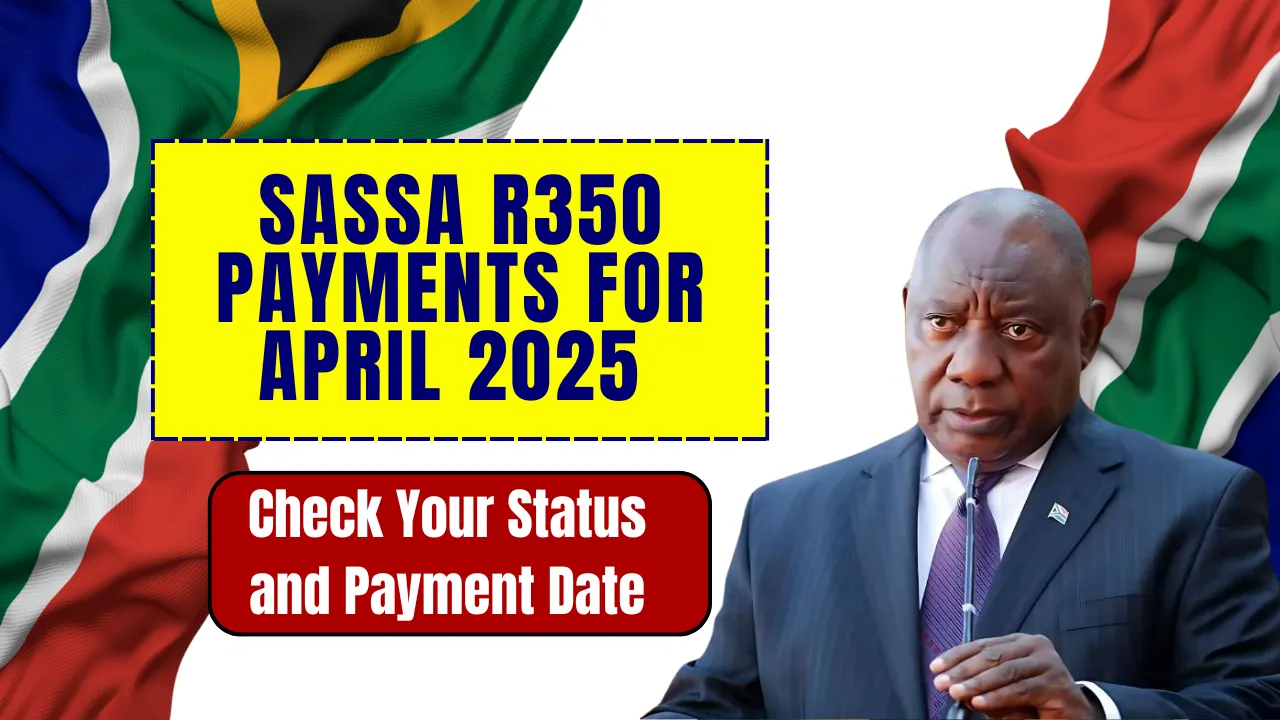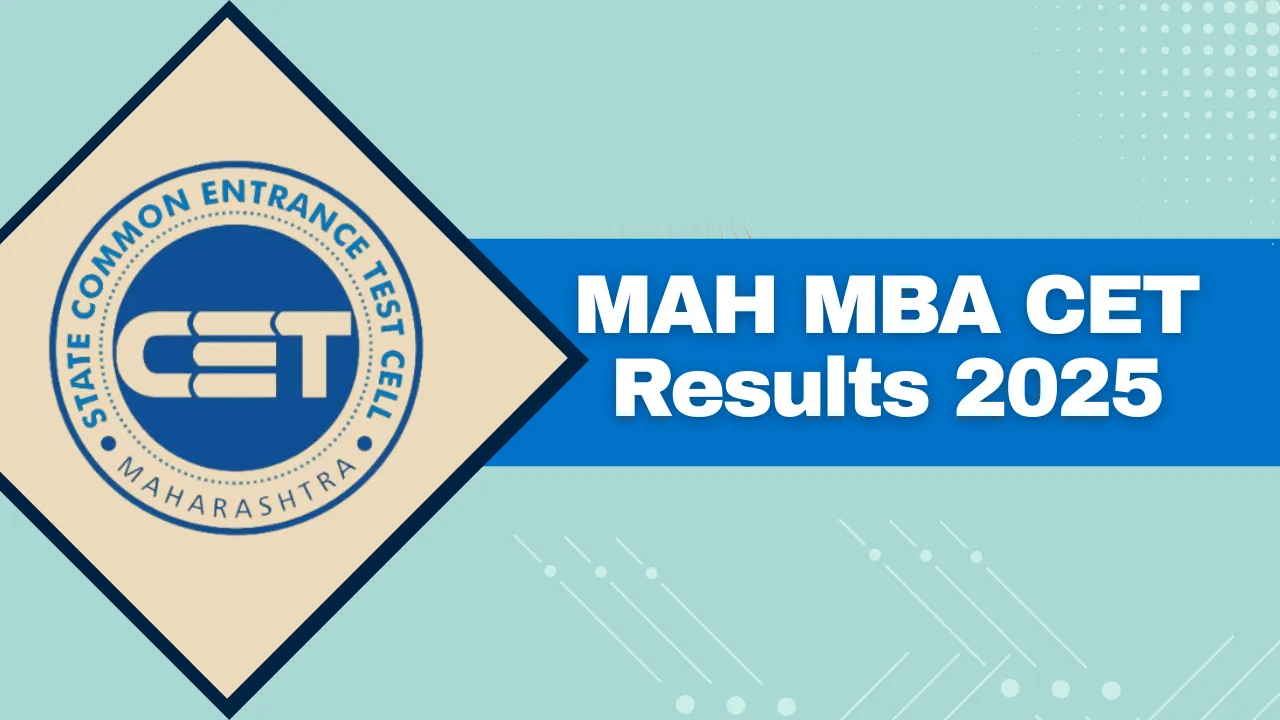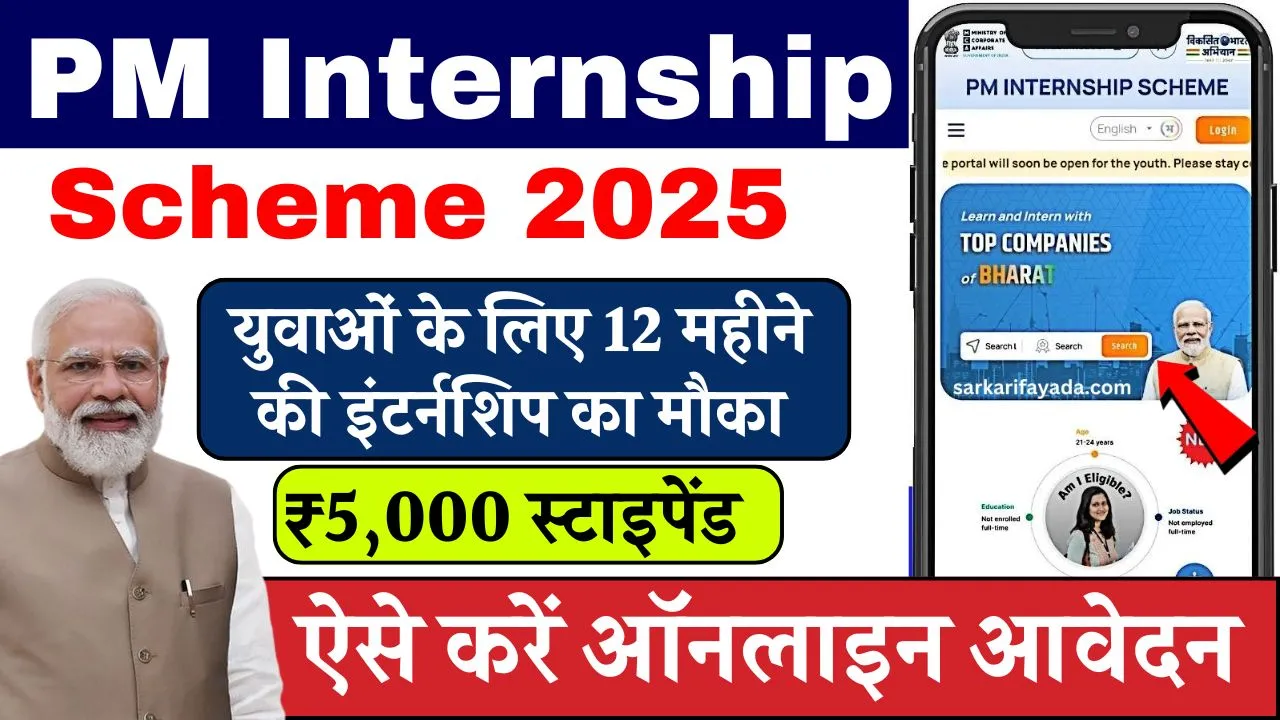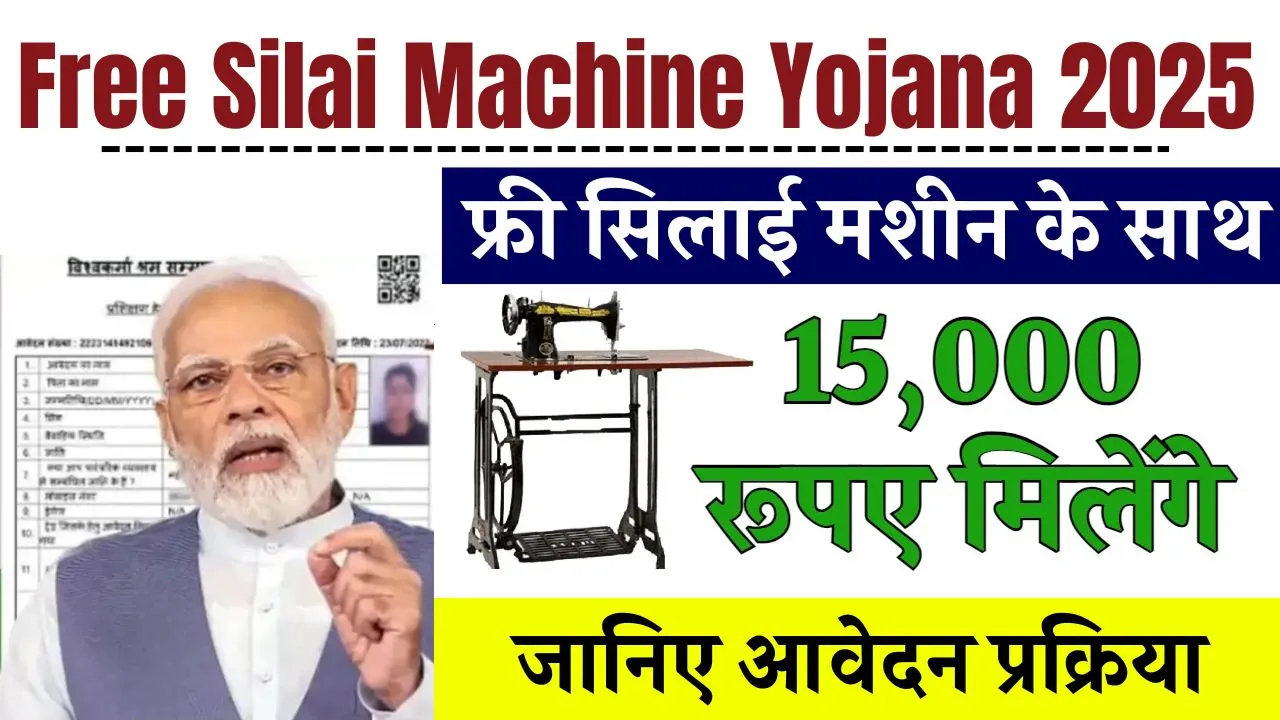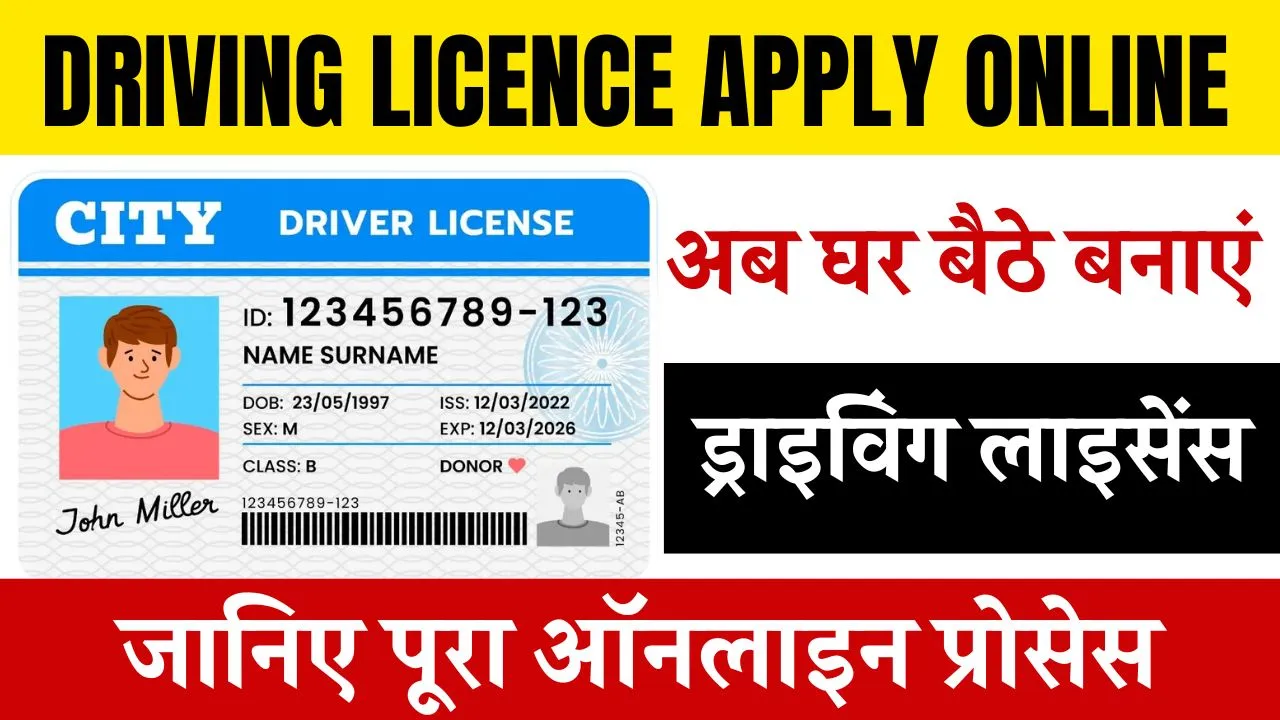UBI Grants Arriving April 2025: South Africa is taking a historic step toward economic fairness and social stability with the rollout of UBI Grants arriving April 2025. As poverty levels remain high and unemployment continues to challenge millions, the Universal Basic Income (UBI) initiative offers a new path forward. Unlike traditional grants, UBI provides unconditional monthly payments to adults, supporting basic needs and creating new opportunities for financial independence.
With a proposed amount of R1,500 per month for all eligible adults aged 18 to 59, UBI represents a significant shift in how the government aims to tackle inequality and empower citizens. This guide explains everything you need to know about the upcoming grants — including eligibility, application steps, payment schedules, and how to make the most of the funds.
UBI Grants Arriving April 2025
The introduction of UBI Grants arriving April 2025 marks the beginning of a broader transition from means-tested support to universal financial assistance. Administered by SASSA, the grant will eventually become available to nearly 35 million South Africans. The current rollout follows a phased approach, starting with the expansion of the Social Relief of Distress (SRD) grant and eventually leading to a full UBI model.
This grant is not only a lifeline for individuals facing economic hardship but also a powerful tool for national development and economic participation.
Overview Table: Key Facts on UBI Grants April 2025
| Category | Details |
| Grant Launch | April 2025 |
| Monthly Amount | R1,500 (proposed for full UBI) |
| Eligible Age Group | 18 to 59 years |
| Means Testing | No means test in full UBI phase |
| Current Phase | Transition from SRD R370 grant |
| Administered By | SASSA |
| Application Portal | srd.sassa.gov.za |
| Help Line | 0800 60 10 11 |
What Is Universal Basic Income (UBI)?
Universal Basic Income is a government-issued, unconditional monthly payment granted to all adults, regardless of employment status or income. It is designed to offer consistent support to help individuals meet their essential needs, such as food, housing, and transport. Unlike traditional grants, UBI doesn’t require recipients to prove financial need or unemployment.
The South African UBI model stands out for its inclusivity and long-term vision. Once fully implemented, it will become a permanent social support system, lifting millions out of poverty and offering a more reliable financial base for individuals and families.
Why Is South Africa Introducing UBI?
South Africa’s economic challenges are deep-rooted. More than 18 million citizens live below the upper-bound poverty line, and youth unemployment remains critically high. Rising living costs have also placed additional pressure on already struggling households.
The key goals behind launching UBI are:
- Reduce poverty by offering consistent, reliable income
- Boost participation in the economy by giving people more freedom to seek jobs, start businesses, or study
- Promote social cohesion and reduce inequality-related unrest
- Create a financial safety net during emergencies, job losses, or life transitions
Who Is Eligible for UBI in South Africa?
The rollout of UBI will take place in two major phases:
Phase 1 (Now to Mid-2025):
- Expansion of the SRD R370 Grant
- Loosened income criteria to include more applicants
- Means testing still applies
- Beneficiaries must still meet specific requirements to qualify
Phase 2 (Late 2025 and Beyond):
- Full implementation of Universal Basic Income
- All South African adults aged 18 to 59 will be automatically eligible
- No income verification, job search, or unemployment criteria
- Monthly R1,500 grant issued to eligible recipients
To qualify, applicants must have a valid South African ID and either a registered bank account or an active SASSA card for payments.
How Much Will You Receive?
Under the full UBI plan, eligible individuals will receive R1,500 per month. This amount is aligned with the national poverty threshold and is expected to increase periodically based on:
- Annual inflation
- National Treasury funding availability
- Broader economic indicators
Although R1,500 may not cover all living expenses, it offers critical relief and provides a starting point for improved financial independence.
Apply for UBI: What You Need to Do
During the transition period, the application process remains similar to the SRD grant. Here’s how to apply:
- Go to srd.sassa.gov.za
- Enter your South African ID number
- Provide a valid phone number and confirm your contact details
- Upload proof of residence if requested
- Select your preferred payment option (bank or SASSA card)
- Submit the application
- Monitor your application via email or SMS notifications
Always keep your mobile number and email address up to date to avoid missing important updates.
Making the Most of Your UBI Grant
Receiving a monthly grant can provide a meaningful foundation, but how you use it matters. Here are some tips to help you manage your UBI wisely:
- Set a monthly budget: Prioritize essentials like rent, food, transport, and school fees
- Avoid scams and fraud: Never share your personal information with anyone outside of SASSA
- Start small savings: Even R50 a month can grow into a helpful emergency fund
- Steer clear of debt traps: Avoid loan offers with high interest; use UBI to build rather than borrow
- Invest in your skills: Use online platforms to gain certifications or learn a new trade
UBI’s Impact on the Economy and Society
UBI has the potential to reshape South Africa’s economy in several positive ways:
For Workers and Small Businesses:
- Encourages job seekers to wait for fair employment offers
- Boosts consumer spending, particularly in local communities
- Supports entrepreneurship and small business growth
For Policymakers and Economists:
- Provides stable income data to support economic planning
- Reduces the burden of administering multiple targeted welfare programmes
- Enhances social cohesion by narrowing the inequality gap
FAQs on UBI Grants Arriving April 2025
Will UBI replace other social grants?
No. UBI will work alongside existing grants like the Child Support and Disability Grant.
Do asylum seekers qualify?
Currently, UBI is limited to South African citizens. There are discussions about extending eligibility in the future.
Can I receive UBI without a bank account?
Yes. You can opt to receive payments through a SASSA card, which works like a debit card.
Can I appeal if my application is declined?
Yes. Appeals can be submitted through the SASSA website with supporting documentation.
Will my UBI stop if I move provinces?
No. UBI is a nationally managed grant. Just ensure you update your address on the SASSA portal.
Final Thought
The arrival of UBI Grants in April 2025 marks a major transformation in South Africa’s social support system. With monthly payments of R1,500, millions will benefit from improved financial stability and new opportunities for personal growth. Whether you’re seeking employment, building a business, or just trying to make ends meet, UBI can be a game-changer.
Stay informed, apply on time, and use your grant wisely. As South Africa moves toward a more inclusive and resilient economy, UBI is your opportunity to take a stronger step into the future.
